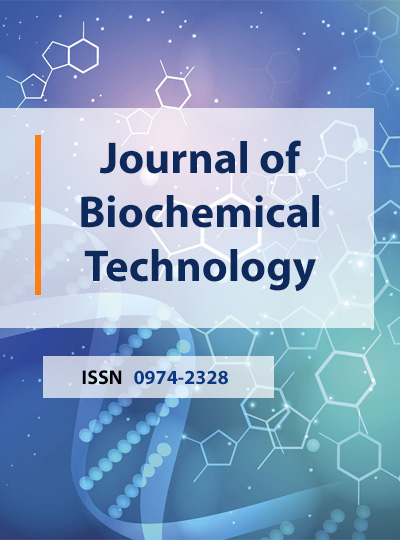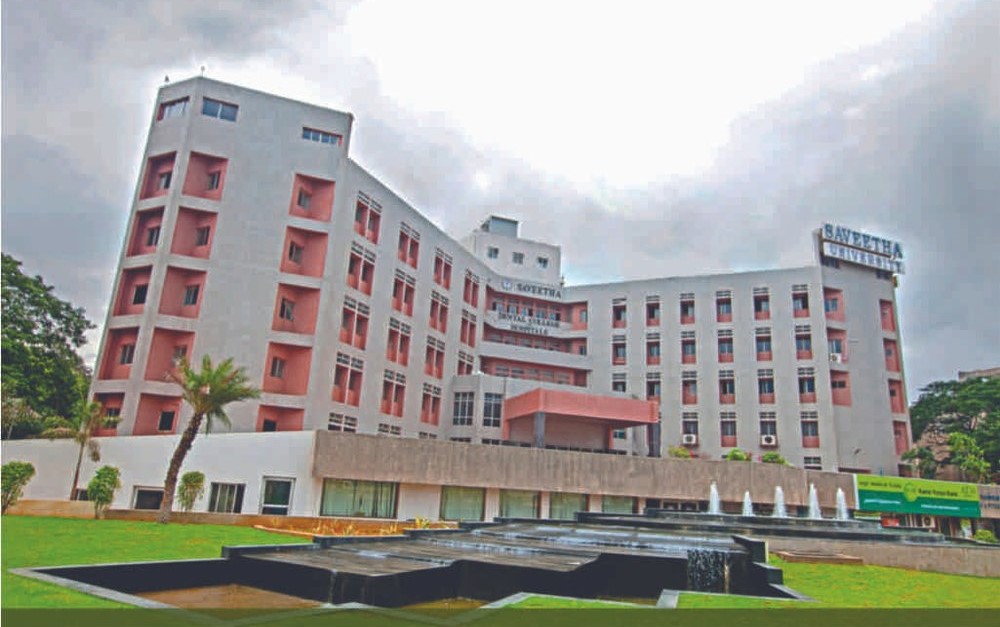Last October, Martin McPhillie, a lecturer in organic chemistry at the UK’s University of Leeds, received an email alert from his institution about a new article bearing his name.
The article, “Docking Study of Licensed Non-Viral Drugs to Obtain Ebola Virus Inhibitors,” appeared in the Journal of Biochemical Technology, a title of Istanbul, Turkey-based Deniz Publication. The journal is not indexed in Clarivate’s Web of Science database.
The study was within McPhillie’s area of expertise, and aligned with work he and the other listed coauthors had previously published. But he knew the new study wasn’t his.
Continue reading ‘Still angry’: Chemist finds his name on a study he didn’t write








